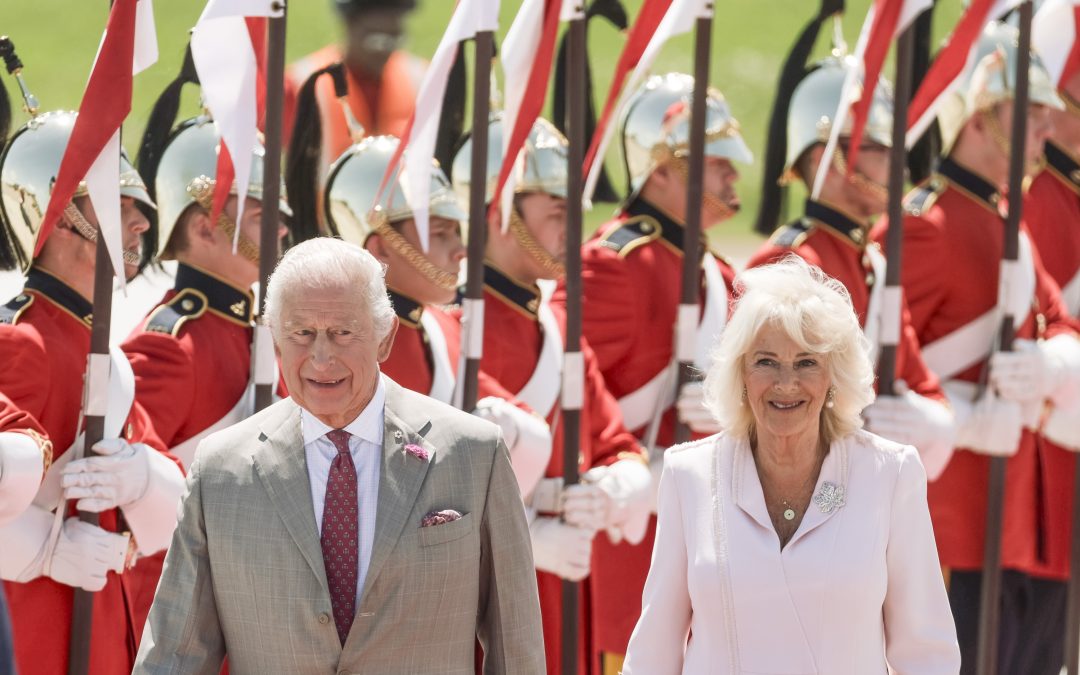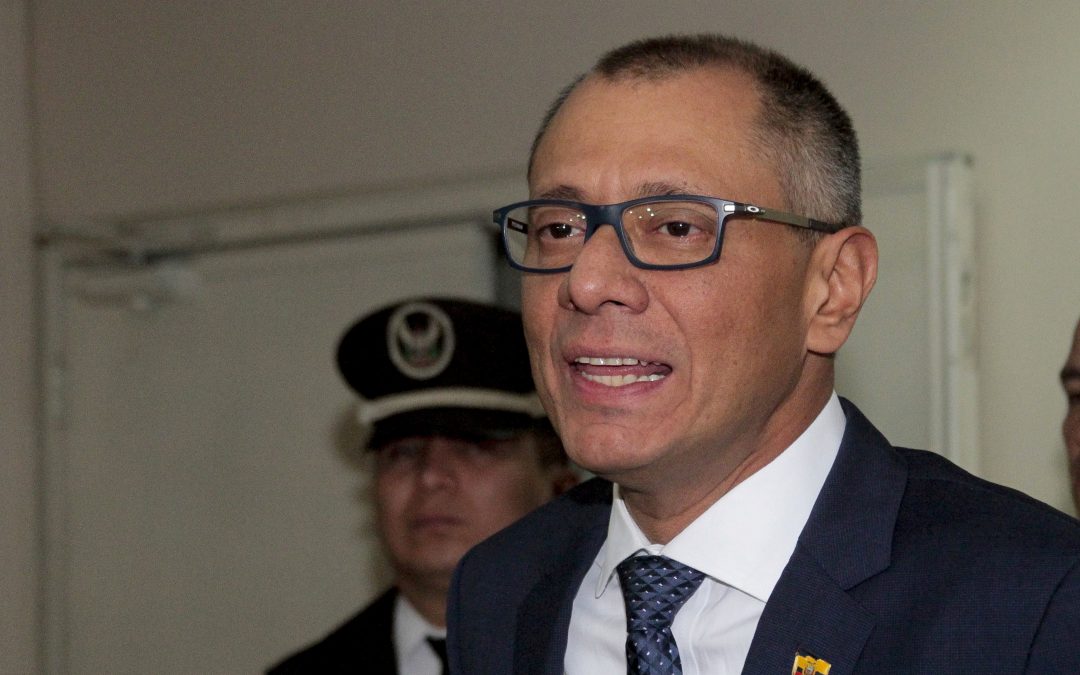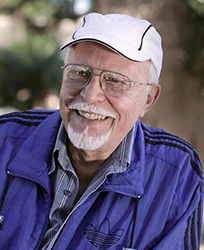When Demetrio Perez Jr., Director and Founder of the weekly Libre asked me many years ago, to write about Jose Marti on the anniversary of his birth on January 28, 1853, I was cognizant of the fact that as neither a scholar nor historian of our Apostle I had little to contribute that would not be a repetition of what the more knowledgeable writers would surely offer.
I believe that Marti’s word and philosophy belong to every era of our history, but today their truth not only applies to our loss of our and his homeland, Cuba, but to this Nation that he lived then and we do now.
My acquaintance with our national hero began at an early age, when my mother spoke to us about the close friendship that he had with my maternal great-grandfather Marquis Emilio Dominguez Gener.
A member of a well-known family from the Cuban Athens province of Matanzas, Dominguez Gener was empowered by Marti in 1895 with the start of that province’s insurrection.
Imprisoned and tortured he was so infirmed when released after Cuba’s independence that he soon died.
Of the many letters that my mother had of his correspondence with Marti, one that remains in my memory reflected our greatest patriot’s despondency, sadness and disenchantment with many of the Cuban fighters that were critical of his performance during the war of liberation. Who was really Jose Marti?
Born in Havana, he was exiled to Spain at the age of seventeen and lived much of his life out of Cuba, from which he was again forced to leave after returning under a general amnesty in 1878.
He lived in Spain, Mexico, Guatemala, and Venezuela, leaving all these countries because of his fights against political abuses in them. Marti returned to the United States in 1881 and lived there until returning to fight in Cuba where he was killed in the early battle of Dos Rios.
Above all, Jose Marti was a prolific writer. Highly educated, his teachings and thoughts came from a deep romantic conviction of mankind and a somewhat utopist view of a desire for a world full of love, freedom and justice that was equally incompatible with the writings of Marx and the expansionist desires of the US at the time of his living in New York.
Because of the fact of his prolific works, and the reality that he was most of all a visionary, a poet and not a politician, his words, ambiguous and ambivalent, have been misinterpreted and misused by world leaders espousing different radical ideologies.
Extrapolating from the many Marti’s, we see a recurrent theme of his idealization of a society based on individual freedoms, equality for all, and repulsion to all kinds of totalitarianism that clearly rejects the notion of a Marti supporting the present status of the tyranny in Cuba.
For Cuba he desired independence based on our origins, unique, and not dependent on Europe or the United States. This romantic socialism rejected the materialistic capitalism as much as it did the class struggle encouraged by communism.
It was indeed a true passionate and idealized view of reality.
Marti wrote, “Socialist ideology, like so many others, has two main dangers. One stems from confused and incomplete readings of foreign texts, and the other from the arrogance and hidden rage of those who, in order to climb up in the world, pretend to be frantic defenders of the helpless so as to have shoulders on which to stand.»
Marti, greatly influenced by the writers Emerson and Whitman was as described by Professor Schwartzman most of all a “thinker that transcended the boundaries of ideologies and politics to seek social justice and freedom for the oppressed of the world”.
As we celebrate the birth of this great man, who rightly has a place as our greatest martyr, but also as an icon and enlightened patriot of the world, it is important to remember his wise words that can help us as we strive to liberate our country of birth Cuba, from the rule of the Castro’s.
“To educate is to give man the keys to the world, which are independence and love, and to give him strength to journey on his own, light of step, a spontaneous and free being»











0 comentarios